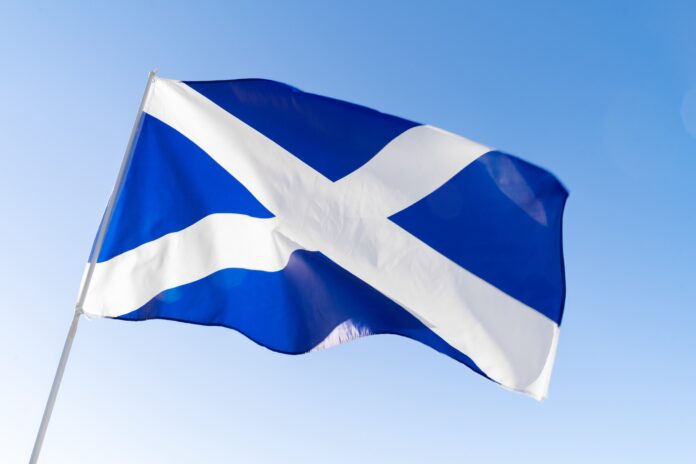Vodafone said that the deployment of 5G SA networks in Scotland will benefit for several sectors including healthcare, agriculture, education and energy
U.K.-based carrier Vodafone said it aims to provide 5G Standalone (5G SA) technology to nearly 90% of Scotland by 2034 as a result of its proposed merger with rival operator Three UK.
A recent Vodafone UK research found that 91% of Scotland’s rural areas are total 5G not-spots, compared to just 20% of Scotland’s urban areas. Vodafone also identified significant regional disparities, with a rural area in Scotland 62% more likely to have no 5G at all, compared to a rural area in England.
There carrier said that the deployment of 5G SA networks in Scotland will represent potential benefits for several sectors including healthcare, agriculture, education and energy, among others.
In healthcare, Vodafone highlighted that this 5G SA technology will offer the ability to both pre-empt and react to health emergencies. Vodafone’s commitment to bring 5G SA to every hospital by 2030 will also ensure they have the latest technology, touching almost every part of healthcare, from remotely-assisted surgery, to drones carrying transplant organs and drugs between hospitals. It could also allow people to enjoy service solutions such as remote appointments, removing the need to travel long distances and reducing waiting times.
In the agriculture field, farmers will be able to make use of new innovations such as soil sensors. Previous Vodafone research found that 5G-enabled sensors could help a farm to reduce its chemical usage by 30% as well as improve efficiency by 15%. The same research also highlighted that tools such as a 5G-connected weather station could help farmers plan irrigation schedules, leading to an approximately 30% fall in the farm’s water consumption.
In education, 5G SA technology could offer advances in virtual classroom applications enabling students to access specialist teaching.
Meanwhile, in the energy field, the Vodafone research revealed that 5G SA has the potential to generate enough wind power to heat an extra 2.4 million homes by 2035, which would be enough to heat every home in Scotland.
Andrea Dona, chief network officer at Vodafone UK, said: “Connectivity is vital for everyone and this new research reveals the extent to which people in rural Scotland are experiencing digital exclusion. Evidently, we need to accelerate the rollout of 5G infrastructure to all of Scotland. With our proposed merger with Three UK, we would be able to bring 5G SA to over 89% of the Scottish landmass by 2034, ensuring rural Scotland is not left behind.”
Last year, Vodafone Group and CK Hutchison Group Telecom Holdings had entered into binding agreements in relation to a combination of their telecommunication businesses in the U.K., respectively Vodafone UK and Three UK.
The new entity will have 27 million customers, which would make it the largest mobile network in the U.K., according to published reports. Under the terms of the deal, Vodafone will own 51% of the new entity while Hutchison Group will own 49%.
The transaction is expected to close before the end of 2024, subject to regulatory and shareholder approvals.

